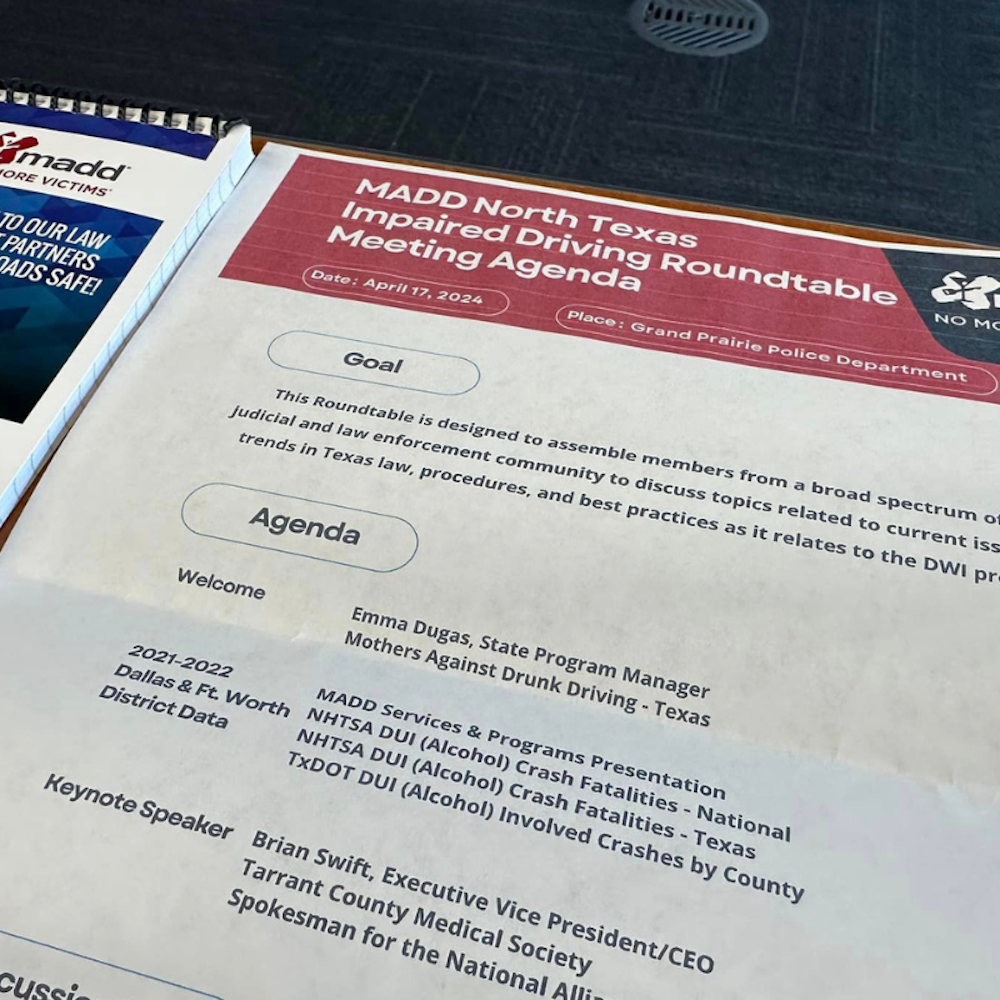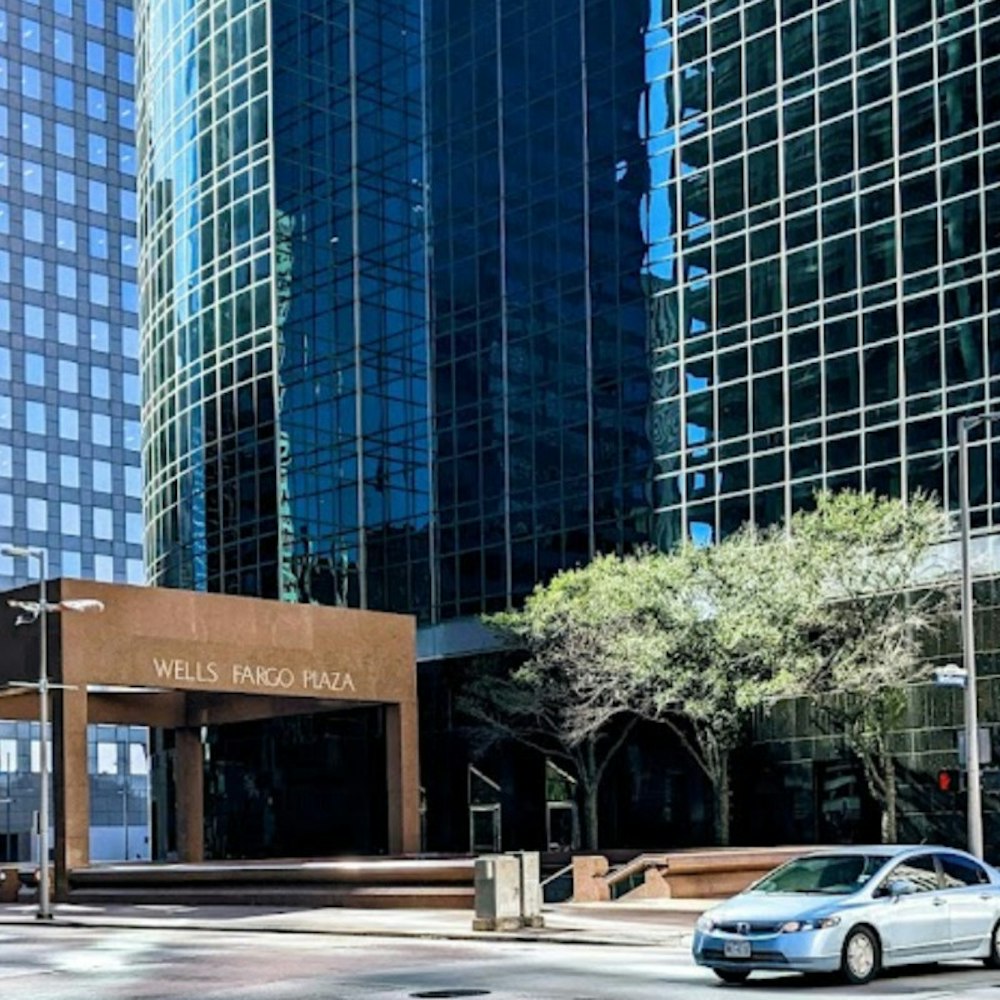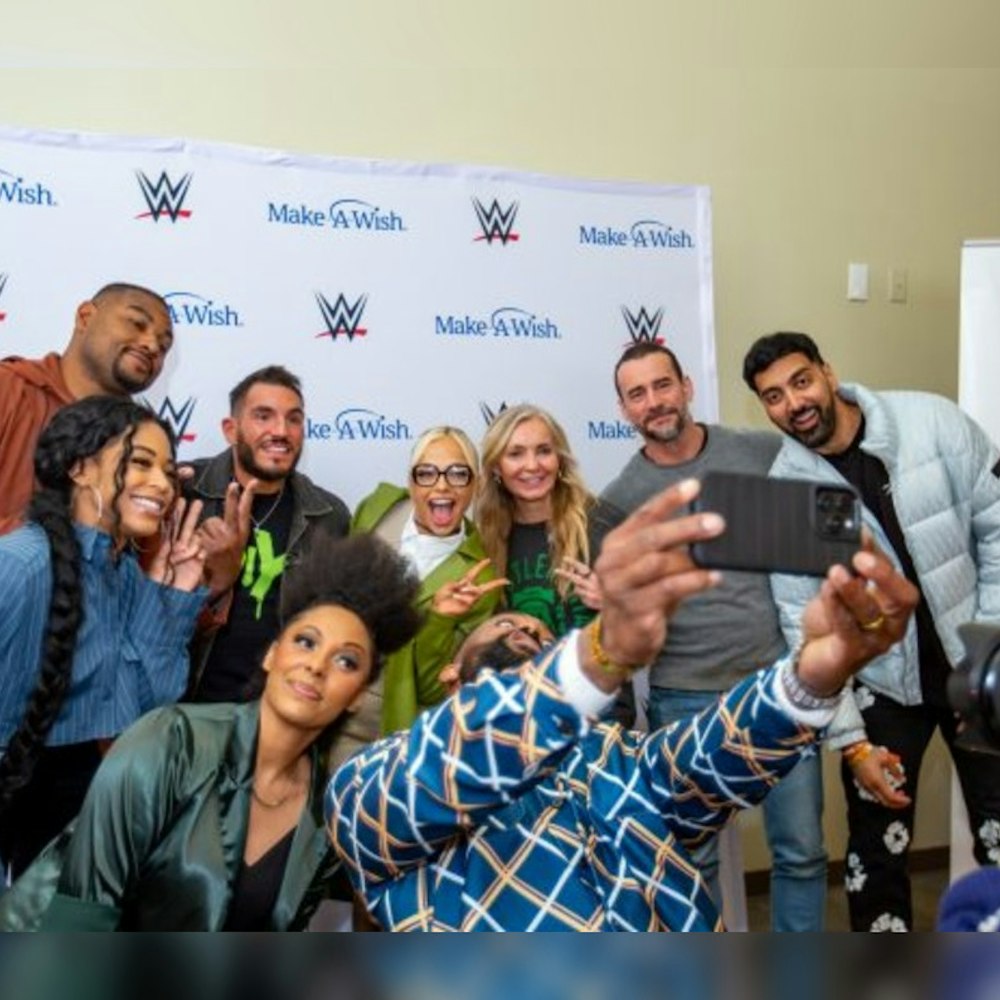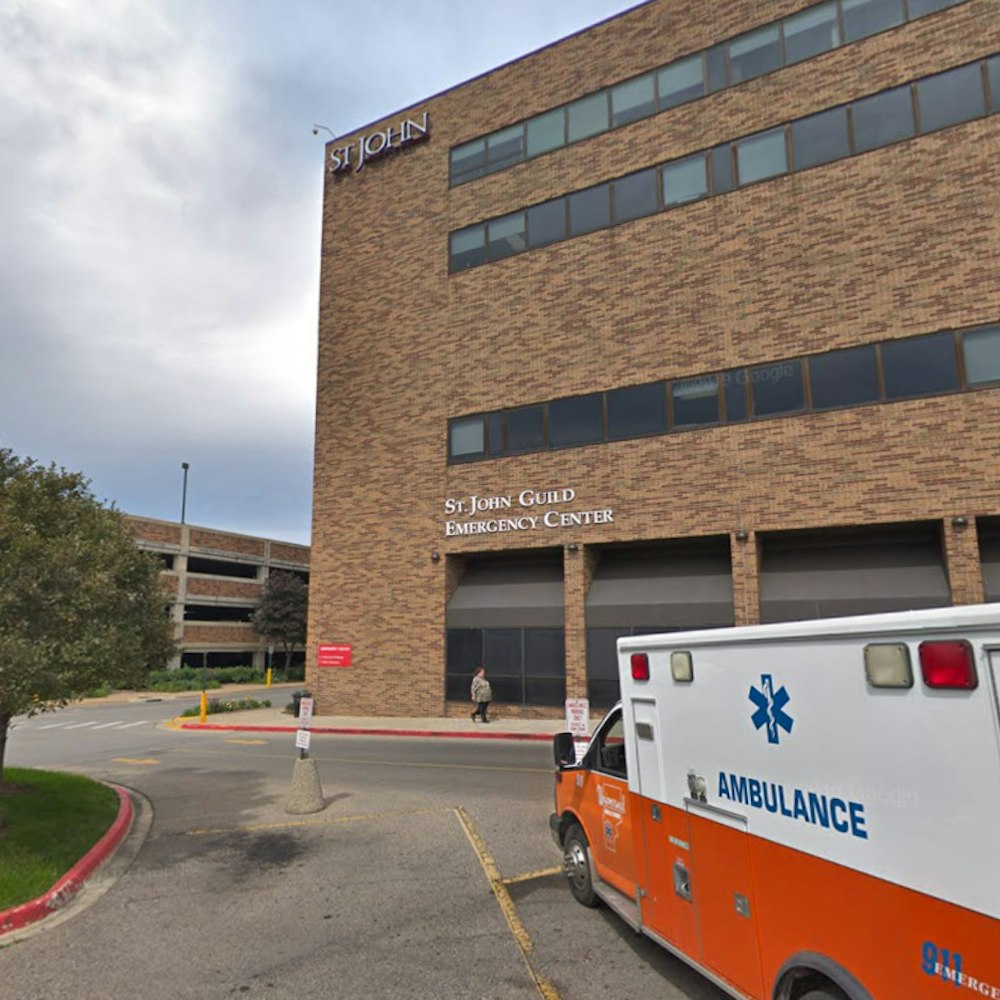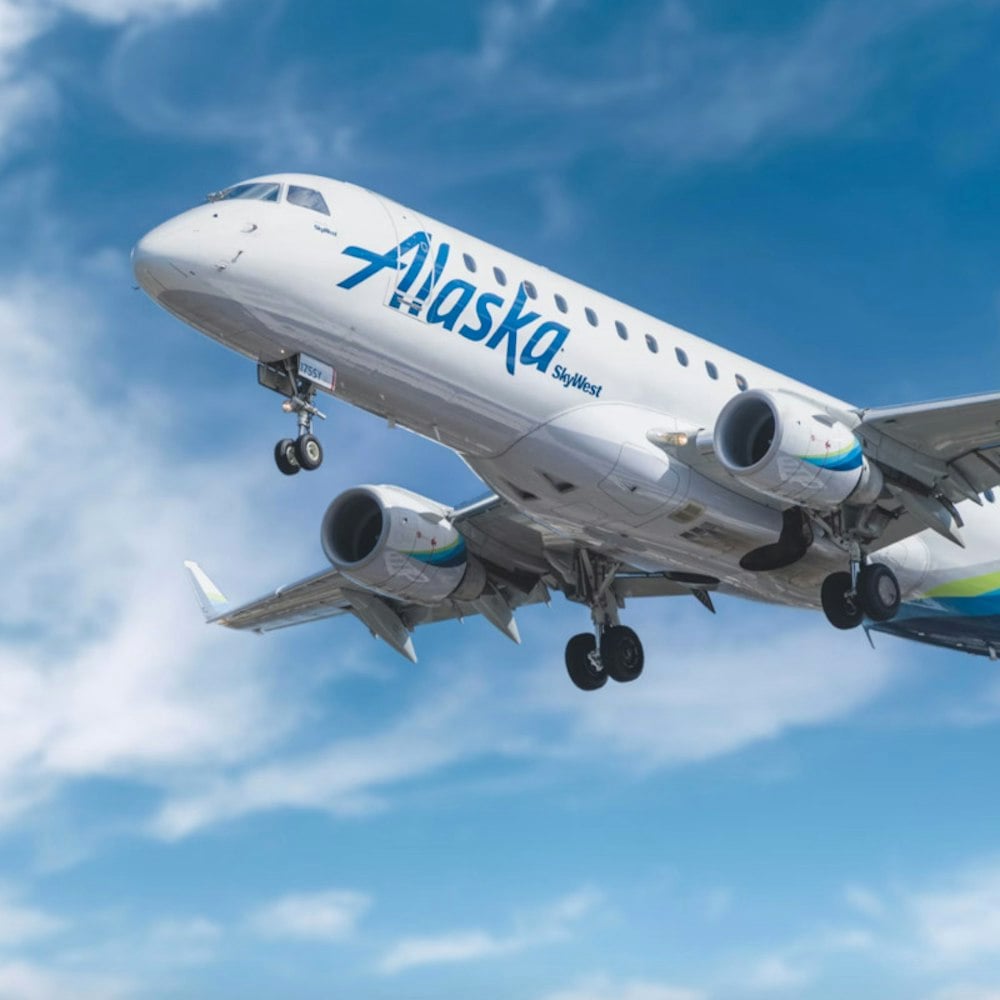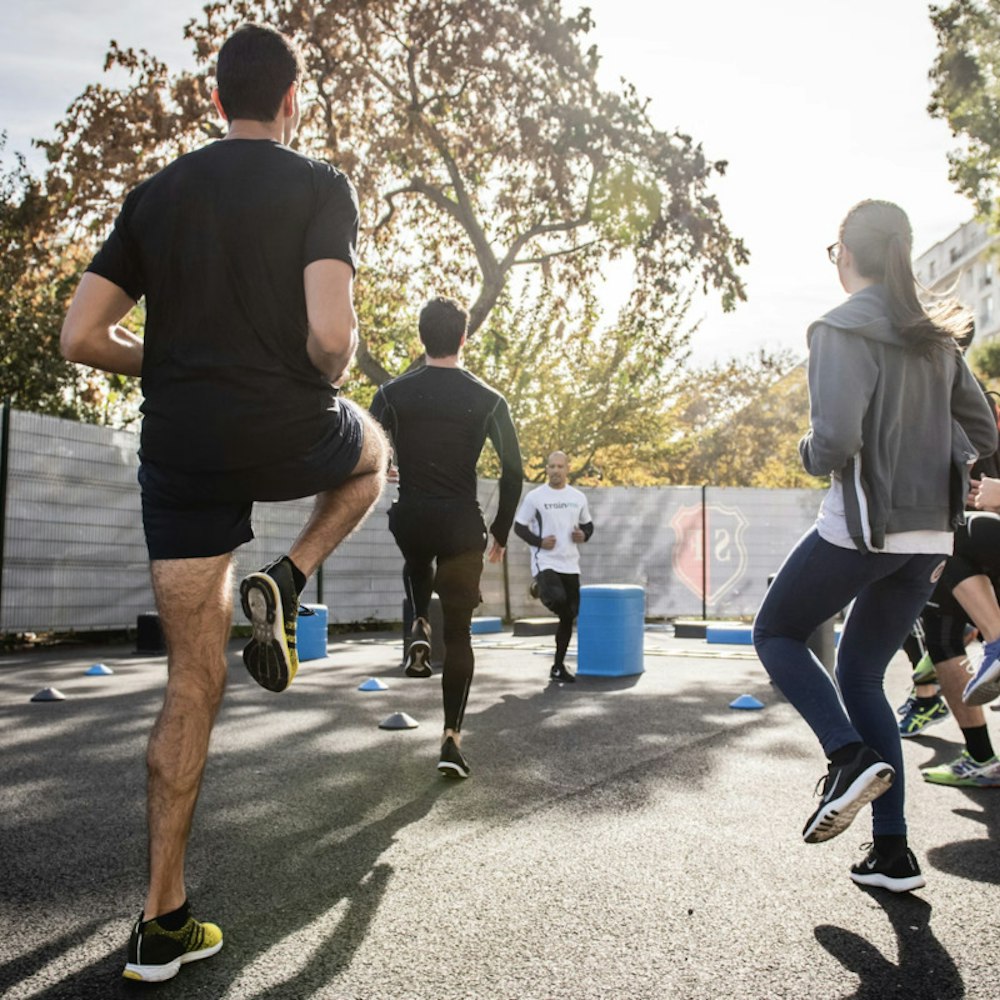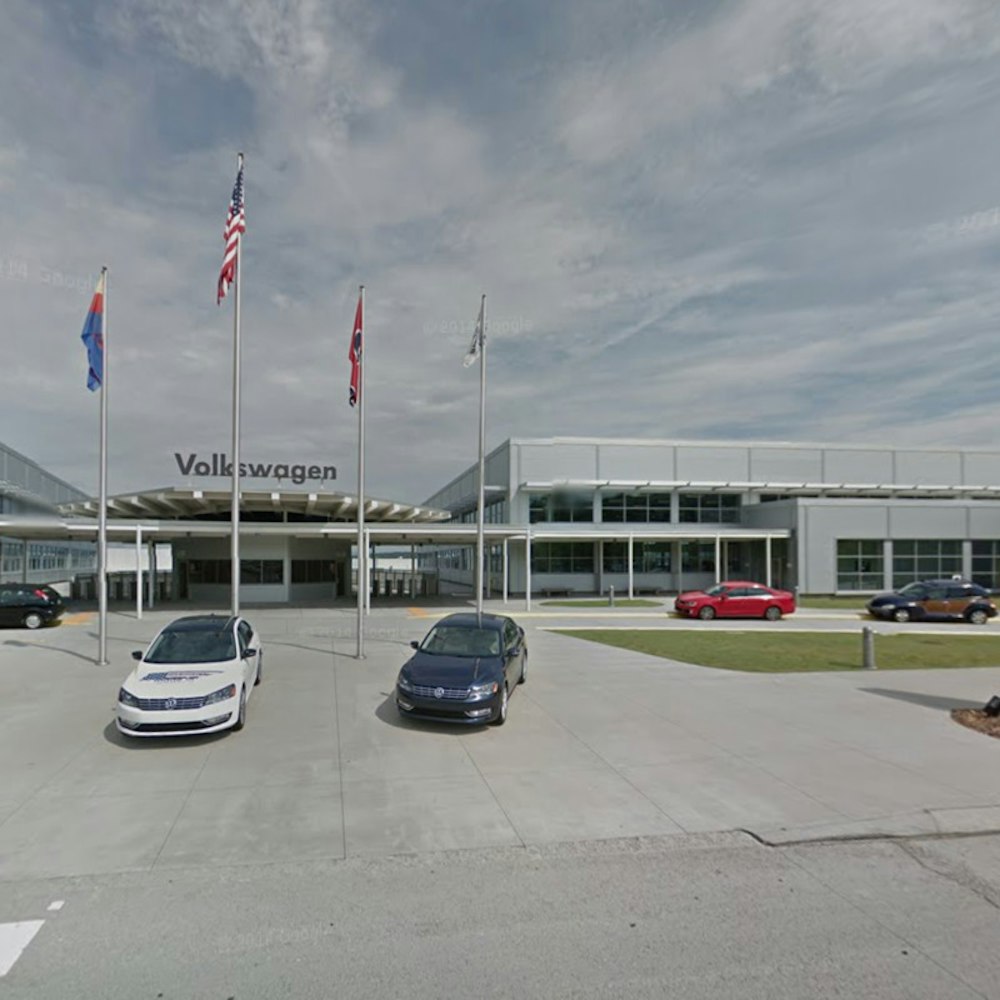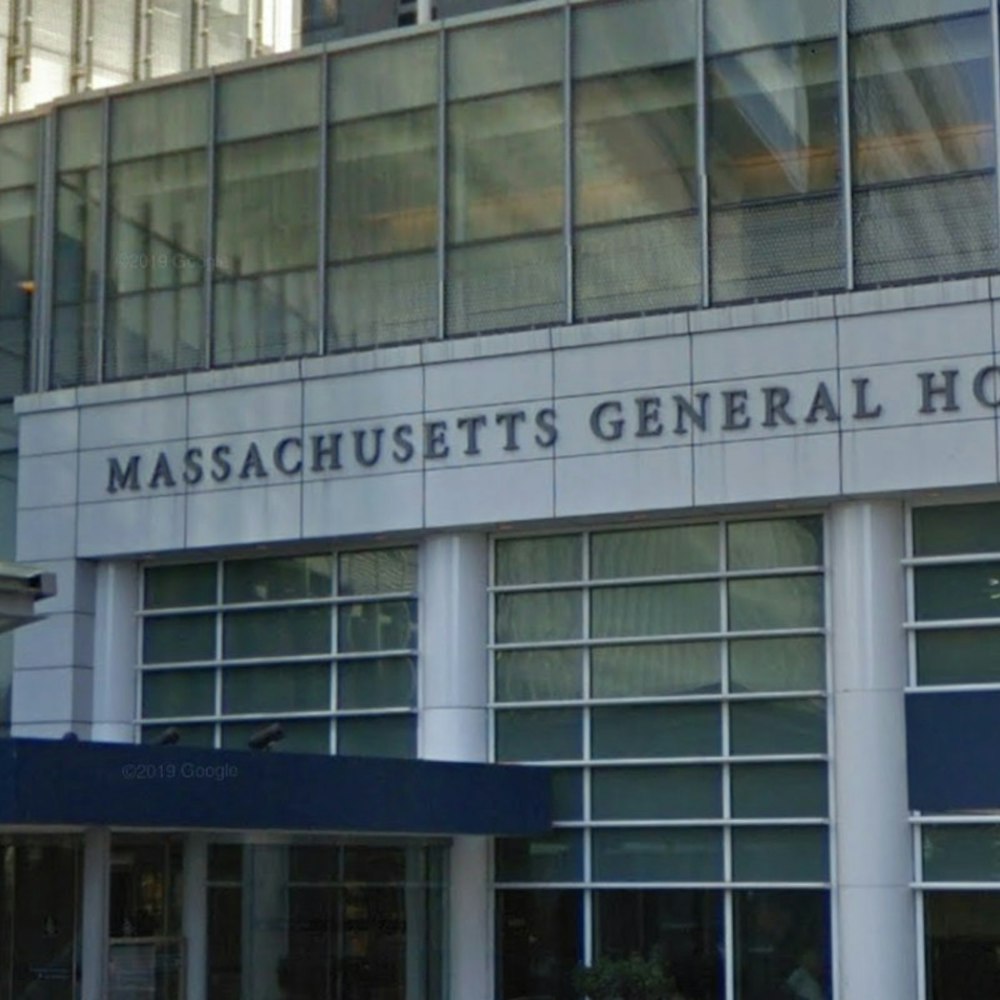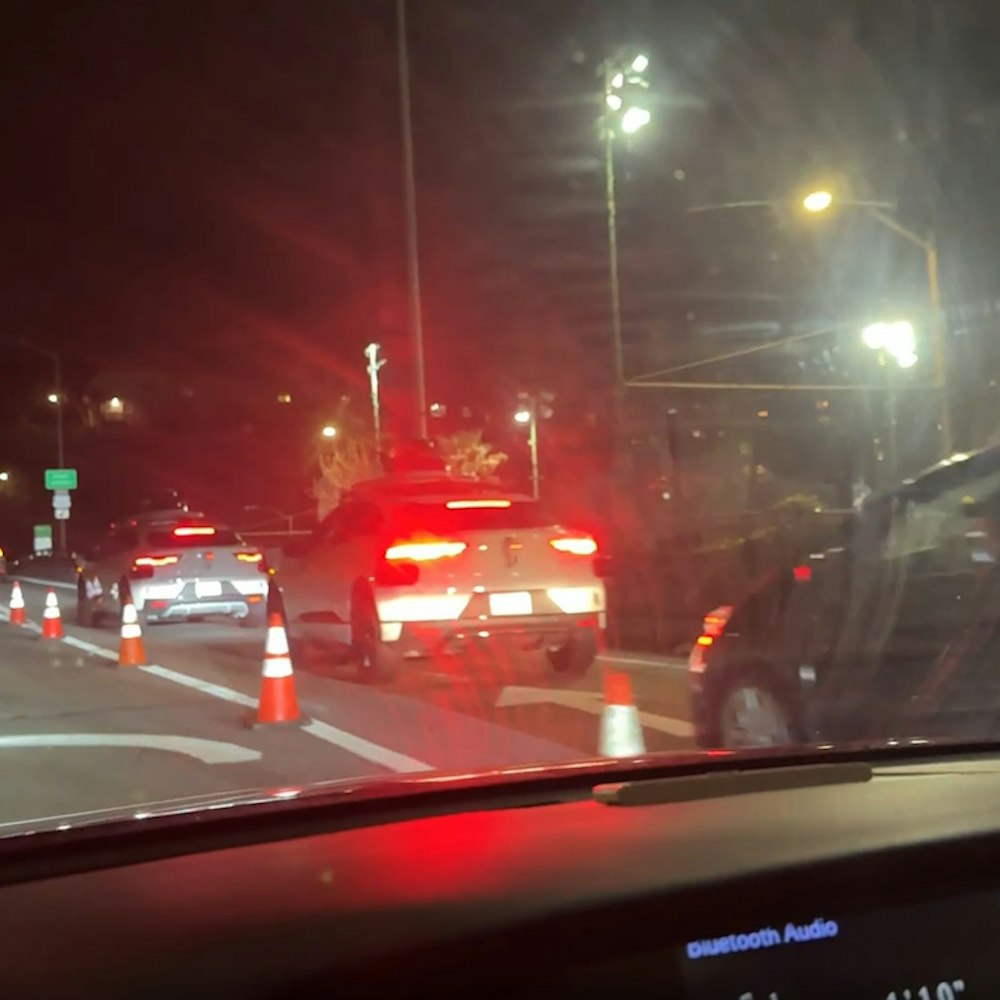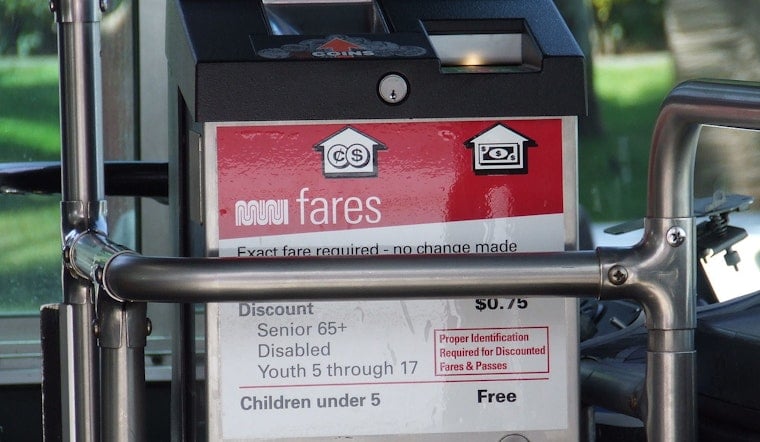
Last month, the San Francisco Board of Supervisors unanimously passed a law requiring brick-and-mortar retail businesses in San Francisco to accept cash, citing the disproportionate burden low-income people face in obtaining credit cards or bank accounts.
But on San Francisco's buses and trains, there's still a penalty for paying with cash at the Muni farebox — and it's about to go up.
Beginning July 1, riders using cash to pay their Muni fares will be charged $3 per ride, up from the current $2.75. Those using Clipper cards or the Muni Mobile app, on the other hand, will continue to pay the current price of $2.50, which has been in place since 2017.
The planned cash fare increase is part of the San Francisco Municipal Transportation Agency's 2019-2020 budget, which was approved back in 2018.
“The idea behind the 50-cent discount for single-trip fares paid with our Muni Mobile smartphone app or a Clipper card is to encourage Muni riders to use more efficient, convenient and safer payment systems," said SFMTA spokesperson Paul Rose.
But advocates for affordable transit say the penalty for using cash will have a disproportionate impact on low-income Muni riders — the population that can least afford even a slight fare increase.
Mary Claire Amable, an organizer with the South of Market Community Action Network (SOMCAN), said she was surprised by the decision to raise fares only for riders who pay cash, especially given the Board of Supervisors' recent vote to require San Francisco businesses to accept it.
"The people who are paying in cash are the people who don't have Internet service or phones or credit cards," said Amable, whose organization advocates for "equitable changes" to the city's transit system, including lower Muni fares.
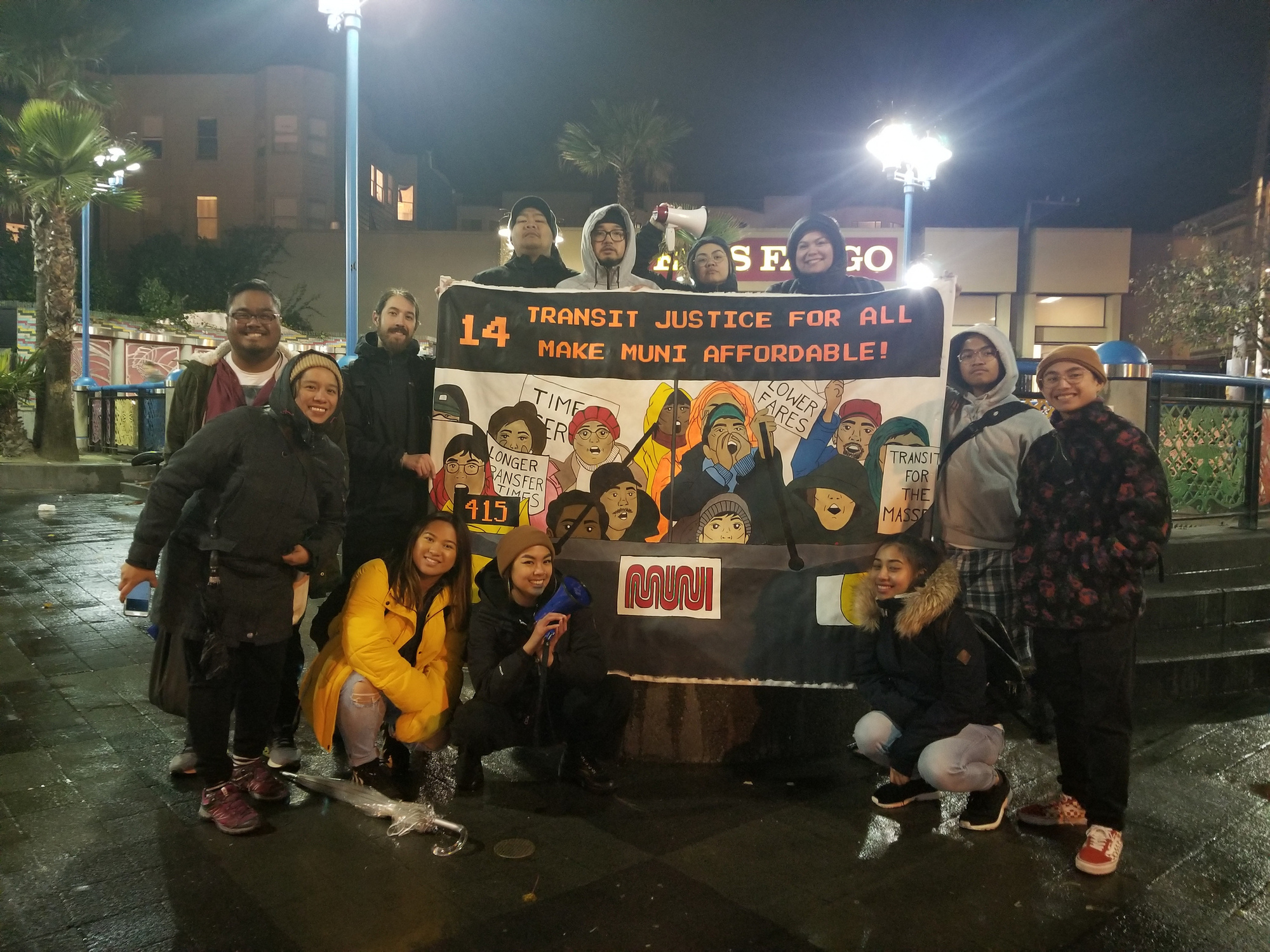
Last month's Board of Supervisors measure requiring businesses to accept cash, introduced by District 5's Supervisor Vallie Brown, also cites the disproportionate burden low-income people face in obtaining credit cards or bank accounts.
"For many City residents [...] the ability to engage in consumer transactions depends on the ability to pay for goods and many services in cash. This is especially true of the very poor. [...] Denying the ability to use cash as a payment method means excluding too many people. [...] The city must remain vigilant in ensuring its economy is inclusionary and accessible to everyone."
A spokesperson for Supervisor Brown's office said that they have discussed the policy, but that fare increases are at the sole discretion of the SFMTA board.
"The increase can’t be considered without also taking into account [Muni]’s existing programs for vulnerable folks," the spokesperson said.
The SFMTA offers discounted lifeline passes for low-income adults and free Muni programs for youth, seniors and people with disabilities. Clipper cards can also be purchased with cash at a number of brick-and-mortar locations.
"[The SFMTA] has conducted a thorough analysis to look at whether these changes would unfairly impact parts of the city population," Brown's spokesperson said. "Their findings show that the cash fare increase will not disparately burden minorities and those with low incomes."
But while 100,000 people have enrolled in Muni's subsidized fare programs, there are gaps in their coverage. Discounts and free Muni rides are only available to San Francisco residents, who must apply with proof of residency and income.
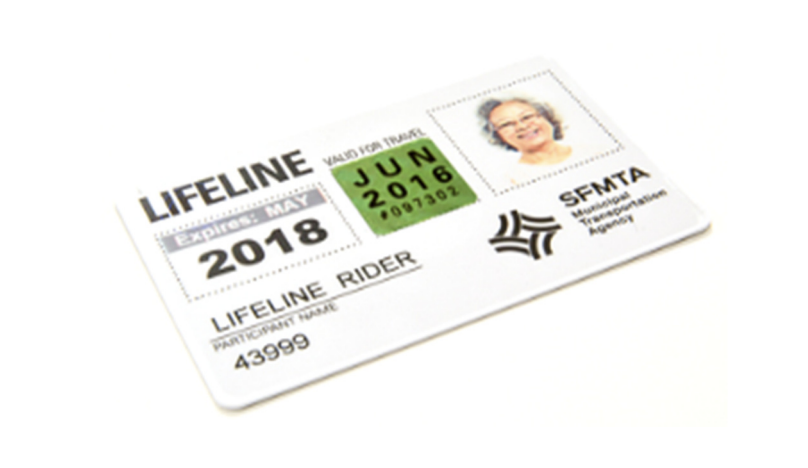
SOMCAN's Amable says that freezes out a growing population of low-wage workers who have been displaced by the San Francisco housing crisis, but continue to commute to the city on a daily basis.
The SFMTA's own 2017 analysis found that 24% of daily Muni trips are made by Bay Area residents who live outside of San Francisco, and are not eligible for fare discounts. Through SOMCAN, Amable has met regular Muni riders who commute from as far away as Tracy.

Even for San Francisco riders who qualify, Muni's subsidized programs are not always accessible.
"Many low-income San Franciscans do not have a fixed address or reliable access to the Internet," both of which are required to apply for subsidized Muni passes, said Jay Rice of the Coalition on Homelessness.
"The existence of these programs is poorly communicated, and many low-income riders have no idea the programs exist and/or how to access them."
Because it was approved as part of the SFMTA's 2018 budget, the window for public comment on the cash fare hike has closed. SOMCAN's Amable said that many people her group has spoken to were unaware that there was ever a time to voice their concerns.
After next month's increase, SOMCAN is calling for a freeze on all Muni fare increases in the years to come, and consistent pricing across all payment platforms. It's unclear whether the SFMTA will consider either change.
"If it costs $2.50 on the MuniMobile app, it should cost $2.50 in cash," Amable said. "It's a question of equity and accessibility."
San Franciscans who qualify for one of Muni's free or discounted fare programs can apply online. More information about the upcoming July 1 fare changes can be found on the SFMTA's website.
